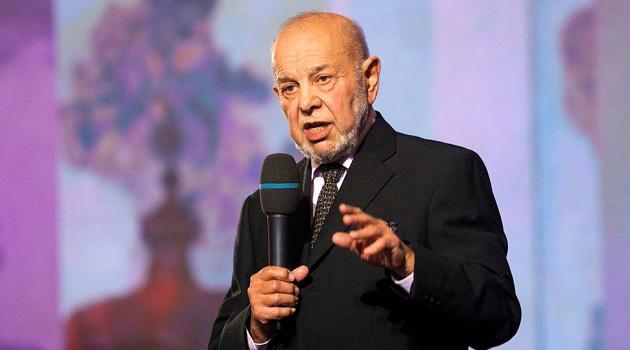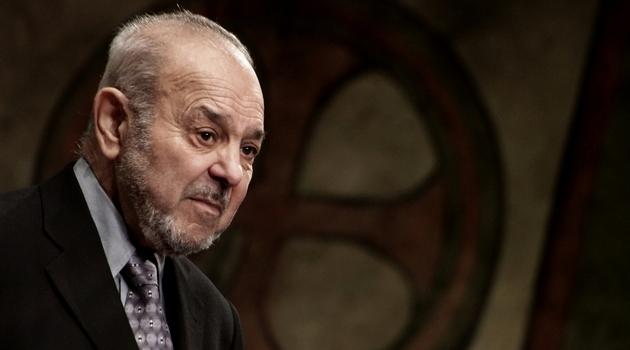Karel Holomek on the "social unconscious" and the Roma Spirit Awards

This year’s Roma Spirit Awards in the Czech Republic had to grapple with a lack of comprehension from an unanticipated party: From Romani people themselves. I have done my best to grasp what has happened here, and it took me a long time before I understood it.
I was interpreting this misunderstanding according to the criterion I had established for myself. That criterion was one of unequivocal support for seeing the Roma Spirit Awards given to those who have done something significant to combine the principles of civic involvement with Romani involvement in the program of tolerance.
Roma Spirit is based on the principles that were presented in this building [a 14th-century church] by its founders, who believed in those principles even better: Love against hatred, with the symbol of the heart. What has now aided my comprehension of what happened here this year was the recent awarding of the Prix Irene (named after Irena Bloomfield, an English psychoanalyst dedicated to people who found themselves in circumstances of difficult frustration) to the English psychoanalyst Earl Hopper for his book The Social Unconscious, in which he discusses the traumas that various societies of people experience unconsciously during their lifetimes without ever being able to rationally explain them, and how such traumas have an enormous influence even into the third and further generations descended from those who originally experienced the trauma – and how difficult it is to rid ourselves of what is so deeply hidden within us.
Each of us knows what these traumas are: Wars, murders that are absurd, inexplicable and unjust! Now we think of the Romani people as a group: 400 years on the outskirts of European societies.
Even in the third generation of descendants, a constantly repeated trauma can make itself felt through genetic consequences. Three generations, just so we can imagine what that means, is 100 years.
Four hundred years is, therefore, 12 generations. What a deep incision the centuries have made into the minds of Romani people, and we have only now spent 26 years in a democracy – albeit a still imperfect one.
This is the first generation to experience democracy! It will, therefore, take at least two generations for the new generation of Romani people to genetically record and transmit the influence of their experiencing comprehension, friendship, love and tolerance from those who are not their blood relations.
No wonder we lose our way in all this hustle and bustle, this refinement of ideas that today are sometimes becoming quite fascist once again – and certainly more or less intolerant. The Roma Spirit Awards are still not properly understood by people here, to a great extent.
A person – a Romani person – asks: Why is that? The answer is obvious: Overcoming trauma is not a matter of just one generation.
